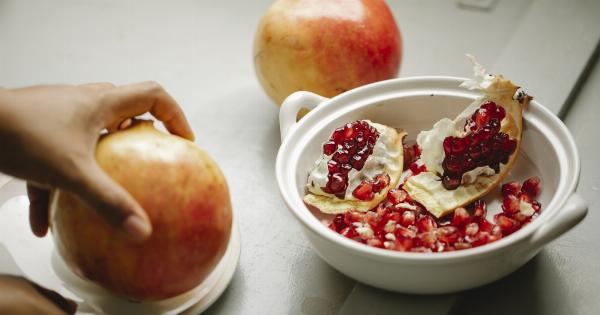Bloating is a common digestive problem that can cause discomfort and pain. It is often caused by excessive gas production in the abdomen, which makes the stomach swollen and distended.
There are several factors that can contribute to bloating, including certain foods that can trigger the condition. In this article, we will discuss 7 foods that cause bloating in the stomach.
1. Beans and Lentils
Beans and lentils are high in fiber and protein, which makes them an excellent food choice for vegetarians and vegans. However, they also contain oligosaccharides, a type of carbohydrate that is difficult to digest.
When these carbs reach the colon, bacteria break them down, producing gas that causes bloating and discomfort.
2. Cruciferous Vegetables
Cruciferous vegetables like broccoli, cabbage, and cauliflower are also high in fiber and other nutrients, but they are also tough to digest. They contain a sugar called raffinose, which the body cannot break down entirely.
As a result, the bacteria in the colon ferment it, producing gas and bloating.
3. Dairy Products
Dairy products like milk, cheese, and yogurt, contain lactose, which is a sugar that is difficult for some people to digest. People who are lactose intolerant lack the enzyme lactase, which is needed to break down lactose.
When lactose passes undigested into the colon, bacteria ferment it and produce gas, causing bloating.
4. Apples
Apples are a healthy fruit that is rich in fiber and nutrients, but they are also high in fructose, a type of sugar that is difficult to digest.
Fructose is absorbed more slowly than other sugars and can cause bloating, gas, and discomfort in people who are sensitive to it.
5. Carbonated Drinks
Carbonated drinks like soda and beer, contain bubbles of carbon dioxide that can build up in the stomach, causing bloating. They can also cause belching and flatulence, which adds to the discomfort.
6. Onions
Onions are a common ingredient in many dishes and are used to add flavor. However, they contain fructans, a type of carbohydrate that is difficult to digest. When fructans reach the colon, bacteria break them down, producing gas and bloating.
7. Chewing Gum
Chewing gum is often used to freshen breath or keep the mouth occupied, but it can also cause bloating. When people chew gum, they swallow air, which can accumulate in the stomach and cause bloating.
Gum also contains sweeteners that can cause digestive distress in some people.
By avoiding or limiting foods that cause bloating, people can help reduce their symptoms and improve their overall health.
However, it is also important to identify any underlying medical conditions that may be causing the bloating and seek medical attention if necessary.





























